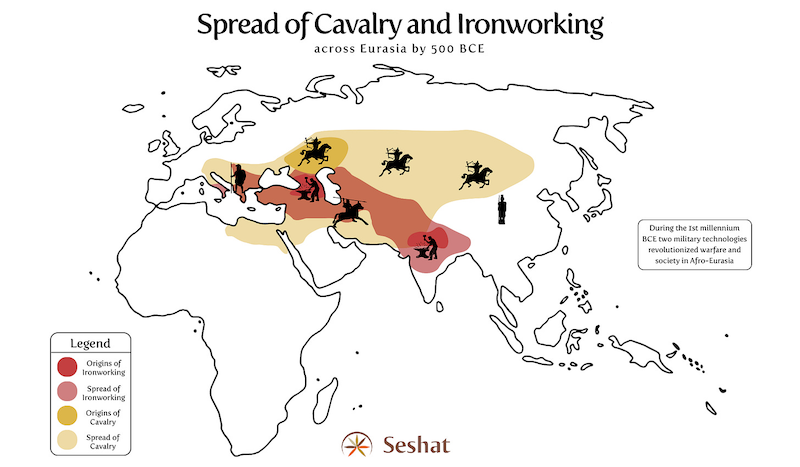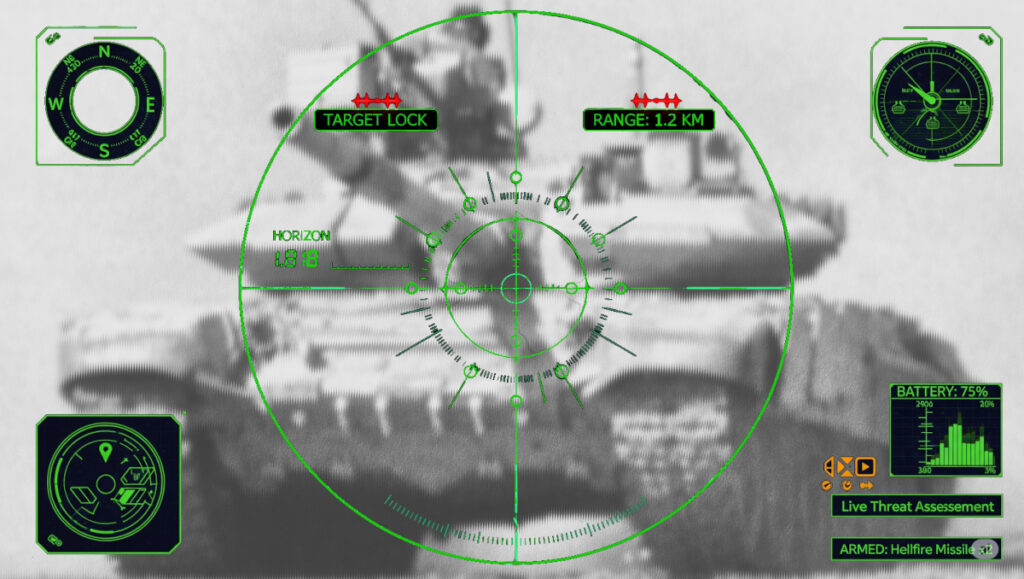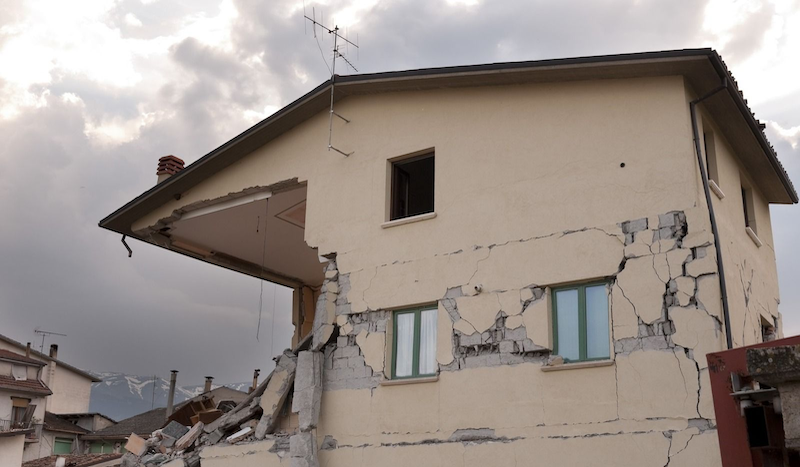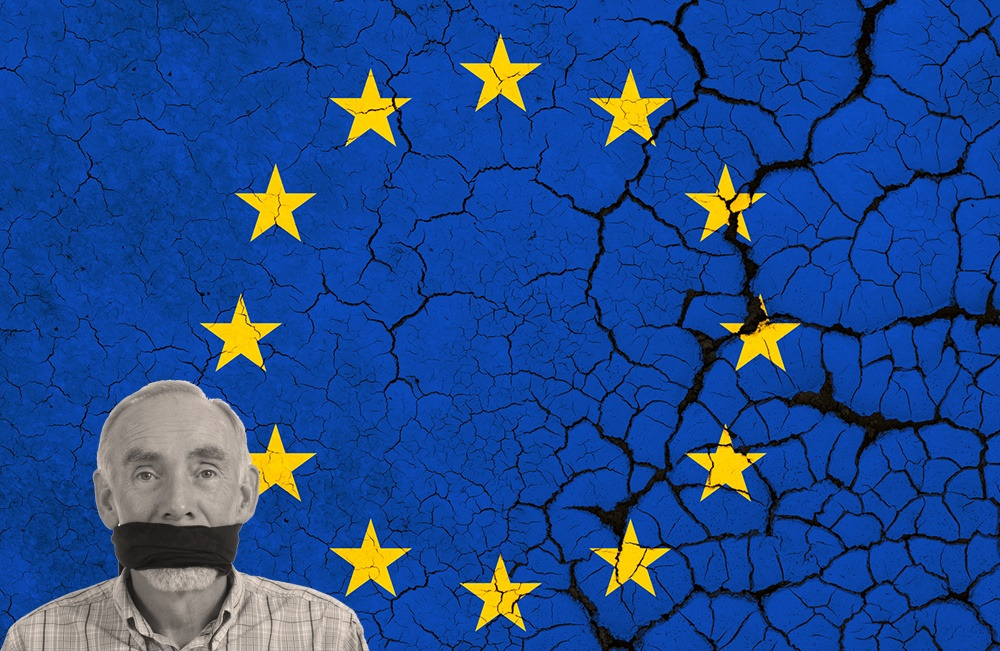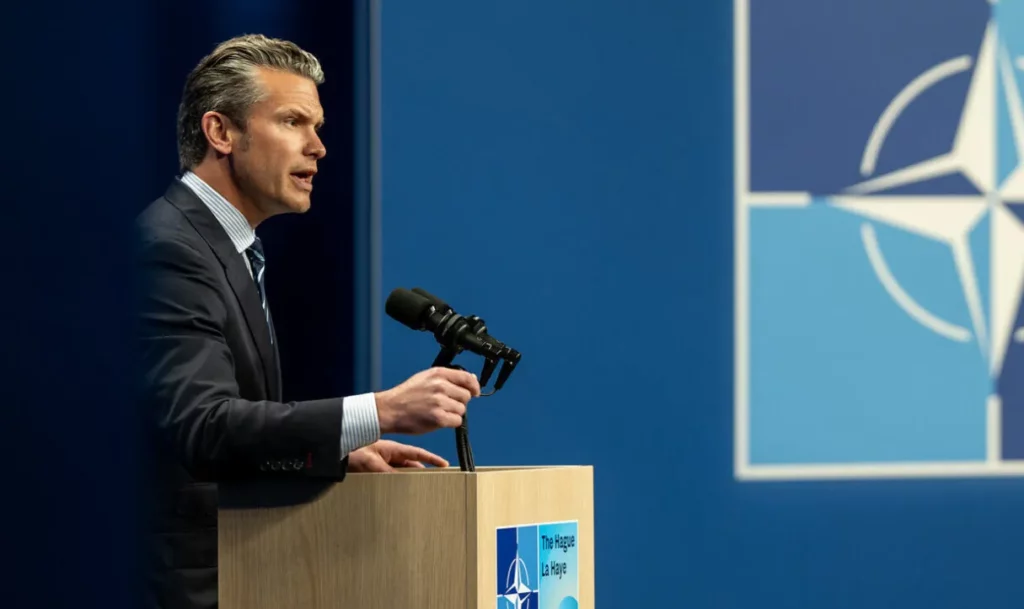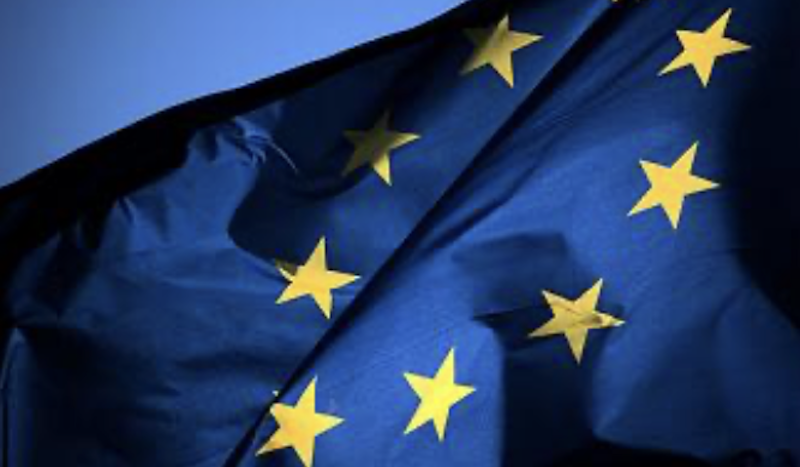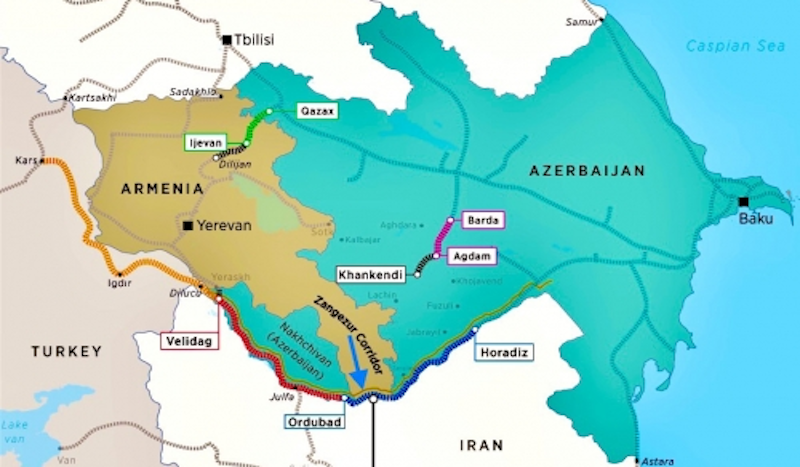The Lithuanian Language Chief Let Slip What He Really Thinks About The Polish Minority

Although he soon thereafter half-heartedly walked back his threat to close Polish schools, his words reminded Lithuania’s largest minority that existing discriminatory practices against them could always intensify, which in turn draws attention to the scenario of identity-driven conflict in the future.
There was a brief scandal in Polish-Lithuanian relations last month that barely generated any media attention outside of those two. Chairman of the Lithuanian State Language Inspectorate Audrius Valotka declared that “there should be no Polish and Russian schools at all. Why do we have to create and maintain all sorts of language ghettos in Šalčininkai?” This prompted a condemnation from the Polish charge d’affaires in Vilnius and Valotka half-heartedly walking back his comments in a Facebook post.


